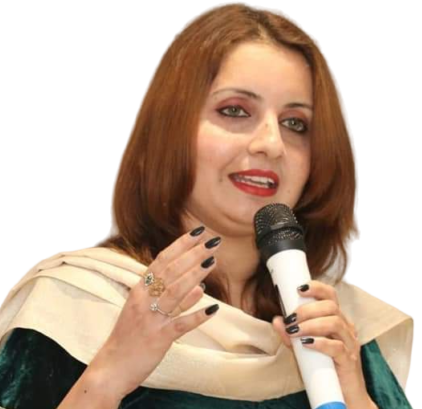The Power Politics in Pakistan & Its Dire Consequences
by Zartashia Zareen
Pakistan having different political parties is a victim of political games. These parties remain busy in knitting the net of power for control over the government, resources, and decision-making processes. This lust for power often leads to political maneuvering, alliances, enmities, and above all instability. There are a lot of factors in this power-lead-political game; such as the military, the political parties, the intelligence agencies, the business community, etc. Each one of them has its own interests and goals, and they often compete with each other for power.
The consequences of this power politics game can be far-reaching. It can lead to instability and uncertainty, as well as corruption and mismanagement. It can also make it difficult for Pakistan to achieve its long-term goals, such as economic development and regional peace.
Recently, we have witnessed some positive signs that the power politics game in Pakistan is starting to change. The Pakistan Army has decided to step back from direct involvement in politics, and there has been a gradual improvement in democratic institutions. However, there is still a long way to go before Pakistan can achieve a stable and prosperous future.
This power politics results in positive and negative aspects as well :
Stability concerns: Day and night changes in political leadership and governments can lead to political instability. This instability may affect governance, justice implementation of rules, and above all the development of the country.
Governance challenges: Power politics can restrict good governance and power of decision-making. Political parties often prefer their own interests, which can make governance paralyzed and the system becomes weak.
Corruption and nepotism: Power politics can contribute to making the system corrupt and biased. They take only those decisions which help them in their personal matters leading to a misuse of resources and a negative impact on the government, economy, and social development.
Policy inconsistencies: Consistency in policies makes the system strong. But in power politics, political parties can lead to frequent shifts in policies and different leaders come to power. This can create instability, inconsistency, uncertainty, and a lack of continuity in the implementation of plans.
Polarization and social divisions: Quick change in power often leads to political polarization, with regional, social, and religious lines. This can exacerbate differences, divisions and hinder national unity and social cohesion.
Democratic processes: No doubt power politics is a part of the political scene. But unnecessary focus on power gain can damage democratic principles. It may harm institutions, erode public trust, and can cause the consolidation of democratic practices.
It’s very important to know that the actions of political leaders are important. And how citizens make their leaders accountable is also very important. True analysis and research for a better system are necessary. Because political stability is the only solution for the development of our country.
by
Zartashia Zareen

